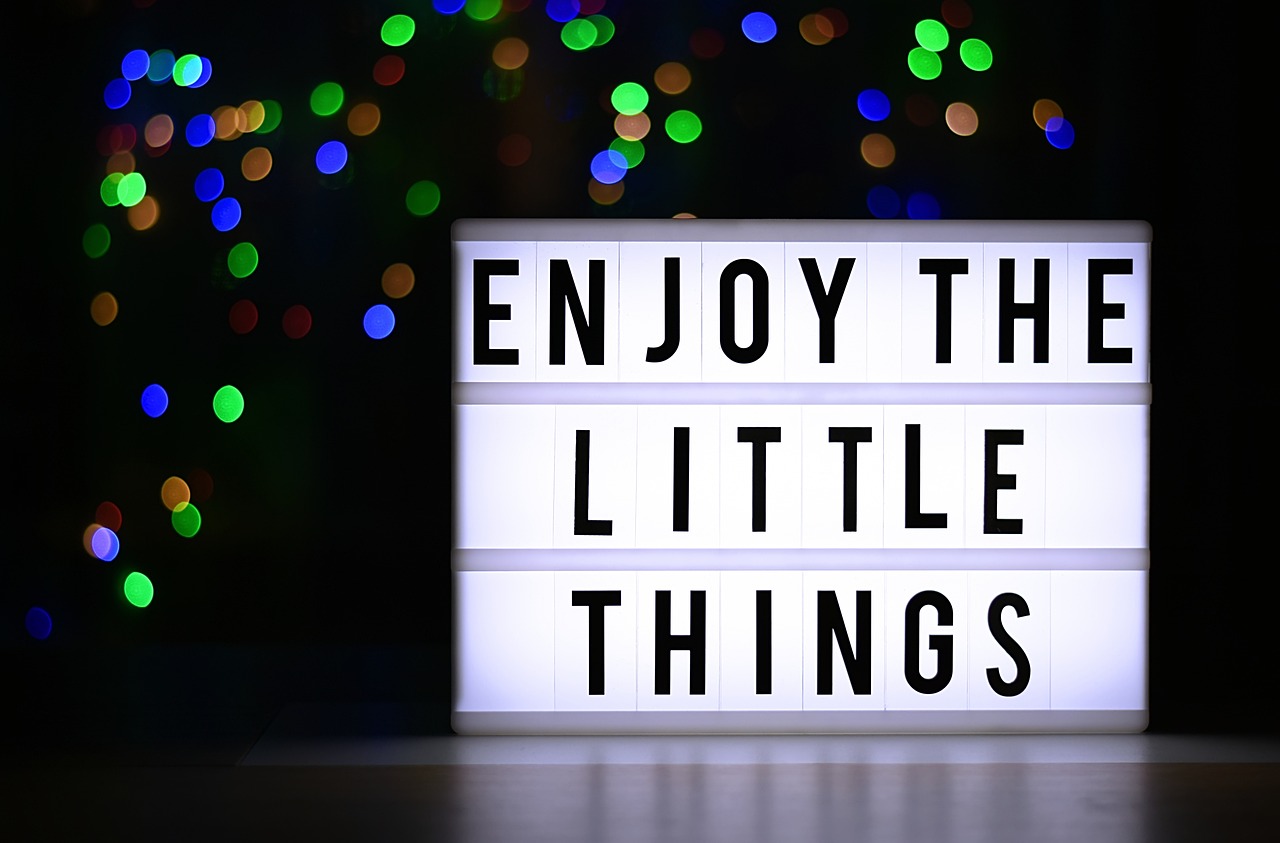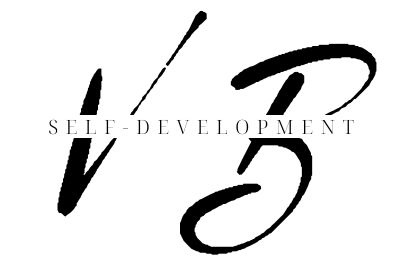The Effects of Gratitude and Presence

The Effects of Gratitude and Presence
Having gratitude makes us more optimistic and helps us see things more positively. It enables us
to take a brief break from constantly aiming higher and instead focus on what we already have
in our lives the next objective, the new outfit, the new toy, the new vehicle, the remodeling of
the house, etc. Developing a sincere appreciation for what we already have is the essence of
gratitude. And we’ve had enough! You will undoubtedly concur that most of us genuinely own
considerably more material “things” than we require.
Dale Carnegie spoke about the importance of smiling at people and making them feel important
and valued in his classic book, How to Win Friends and Influence People. He recommended that
you express your gratitude to them and express your appreciation for all that they do and have
contributed. Honestly, grinning is an easy approach to show someone on the street that you
appreciate and recognize them as a fellow tourist.
It’s fascinating to notice that all historical religions and customs include a method for showing
respect, gratitude, and appreciation for other people. For instance, the Hindu salutation and
gesture known as “Namaste” in yoga recognizes the divine spark of greatness that resides within
each of us and expresses gratitude for its presence in the other person.
Dr. John Demartini discussed the importance of thankfulness in daily life and how it may improve
any kind of relationship, whether it be personal or professional, in his book “The Thankfulness
Effect”, He offers some insightful thoughts on how we could practice gratitude in our daily lives,
and this is one of his favorite quotes: “Wisdom is the instantaneous recognition that crisis is
a blessing.”
Expressing thanks should be done in a method that is most comfortable for you. Some people
like keeping journals, some write thank-you messages to loved ones, and yet others engage in
gratitude meditations. Feel free to communicate your feelings to God or the universe, or to keep
them to yourself. You can also choose to keep them secret or share them with a friend or loved
one. It’s also critical to keep in mind that being grateful can be difficult at times. In moments such
as these, Maanvi Singh of NPR advises treating yourself with grace. It can be challenging to find
gratitude when we’re depressed or going through a tough period. These moments could be used
to think back on the past or make notes about things we are.
The correlation between Gratitude and presence through mindfulness:
A useful technique for developing presence and thankfulness in our lives is mindfulness. Through
cultivating mindfulness in the here and now, we can acquire the ability to value and relish every
moment as it emerges. Being mindful enables us to become more conscious of our thoughts and
feelings as well as the effects they have on our life. By appreciating the beauty and plenty present
in every moment, it can also aid in the cultivation of thankfulness. The benefits of mindfulness
practice are numerous. It can assist us in becoming more conscious of our emotions and thoughts
and the effects they have on our life. Practicing mindfulness can also support us in developing
stronger gratitude and presence in our lives. It can improve our ability to appreciate the
abundance and beauty that surrounds us and to be in the present moment. Additionally, it can
support us in developing a more self-aware perspective on life, which can result in a more
balanced and thoughtful way of living.
